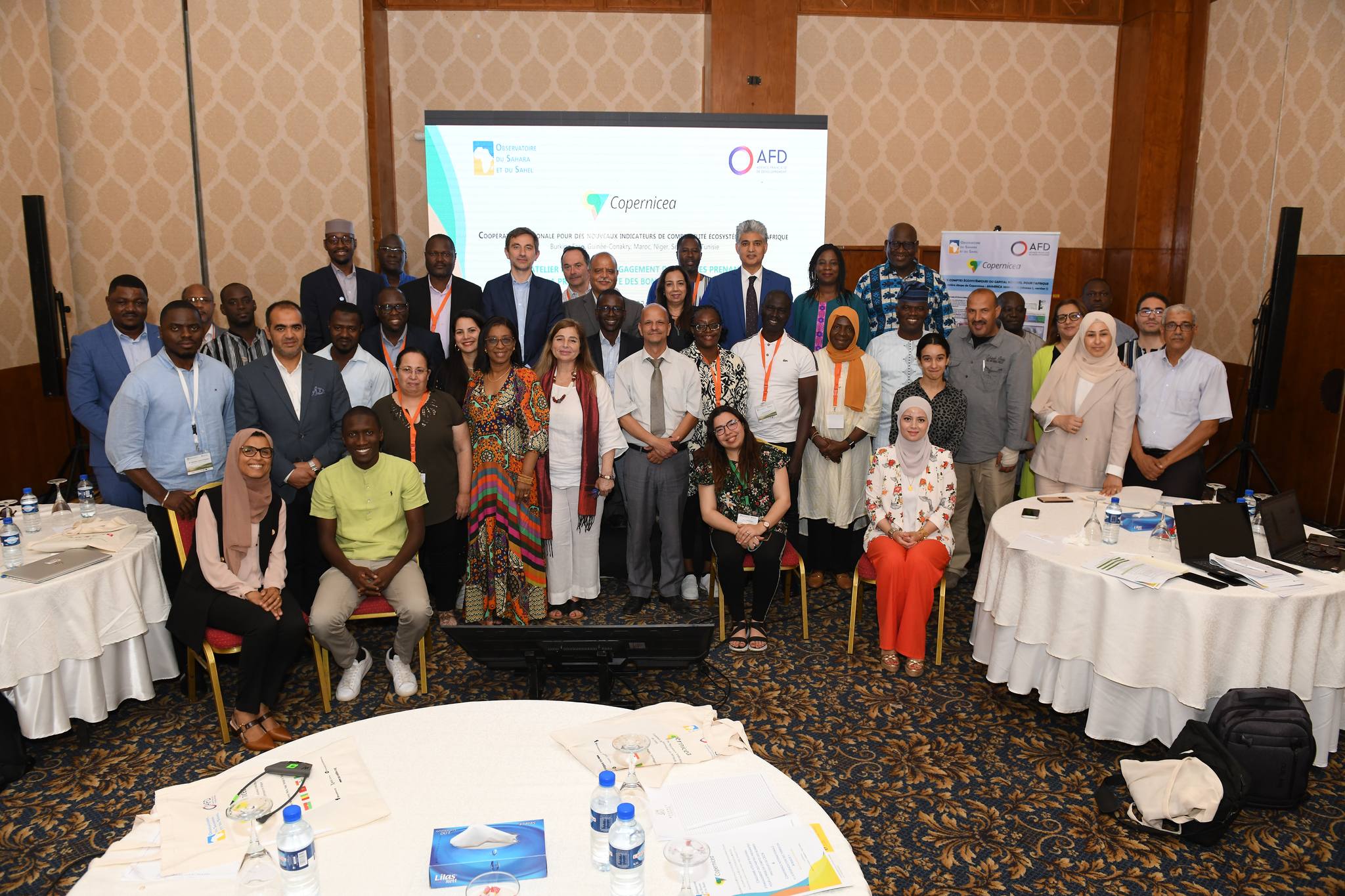
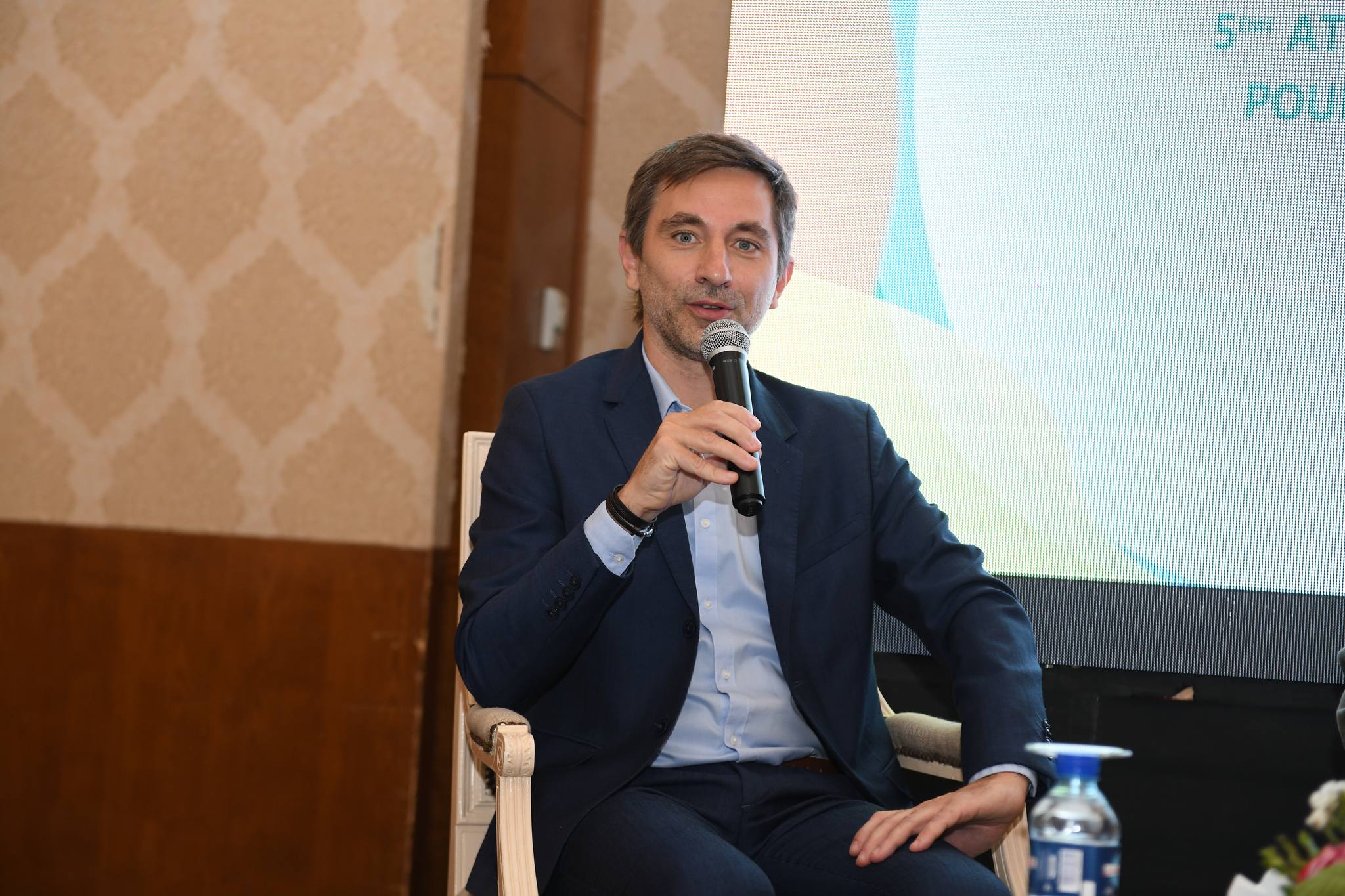
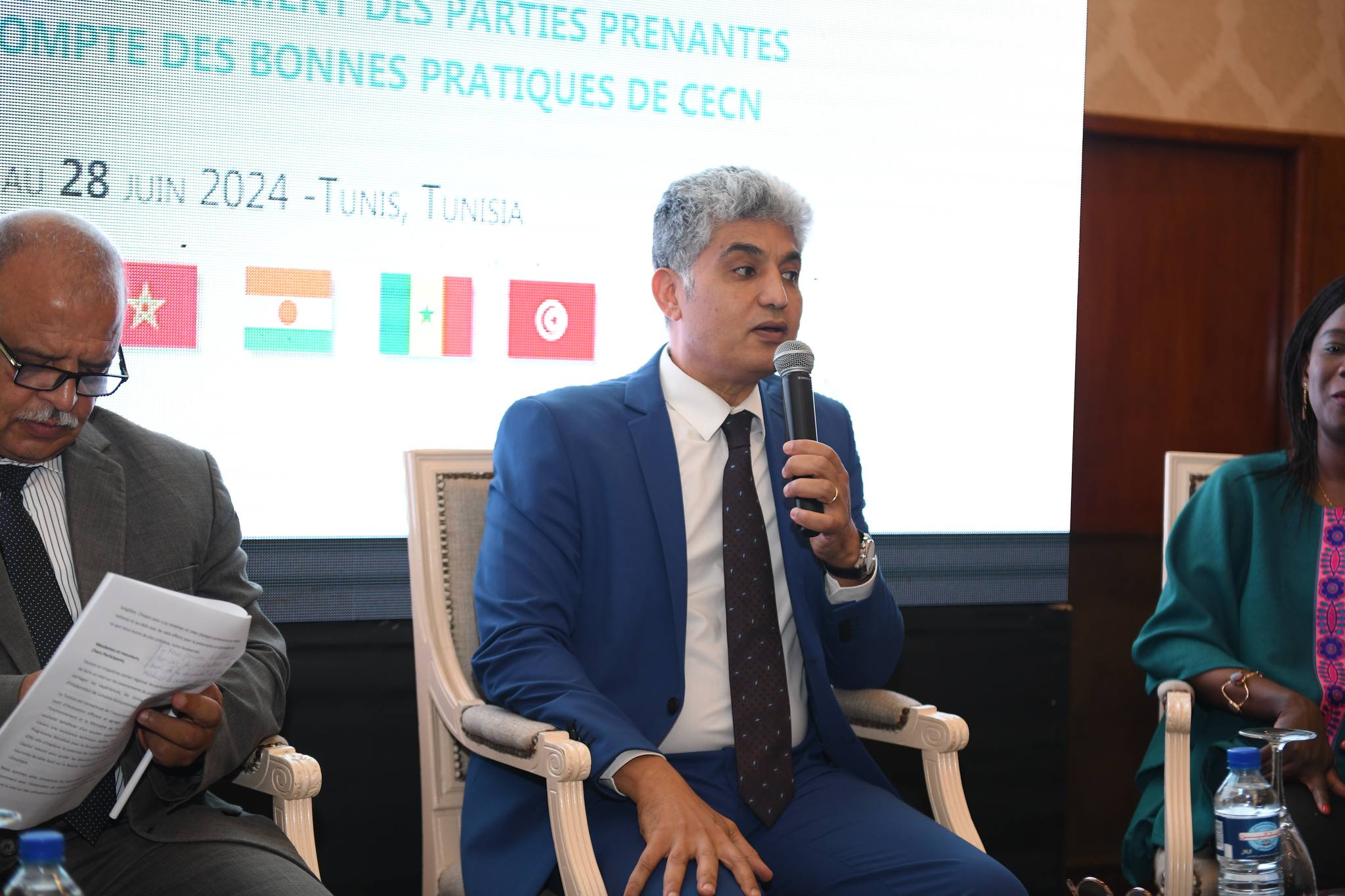
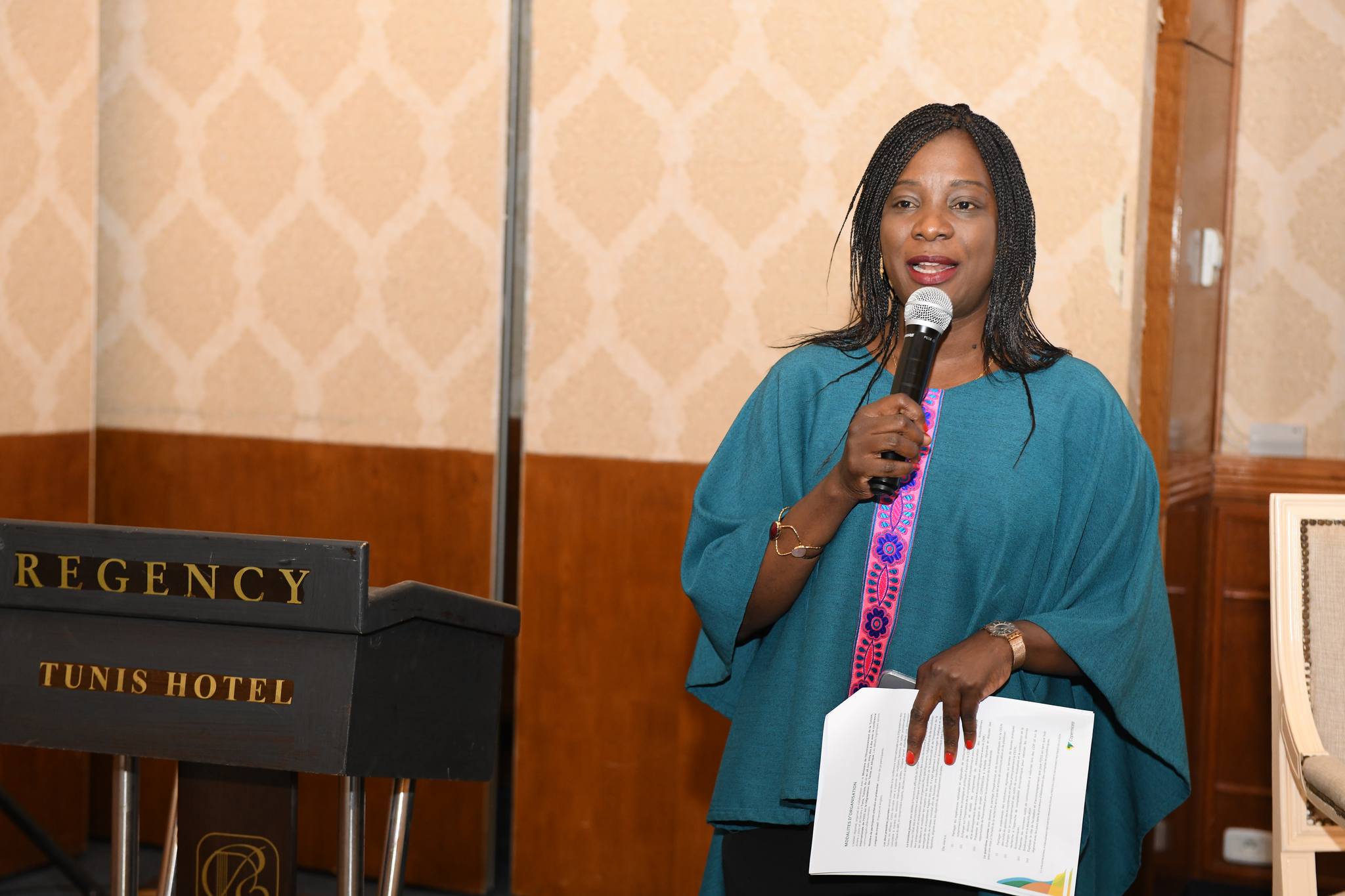
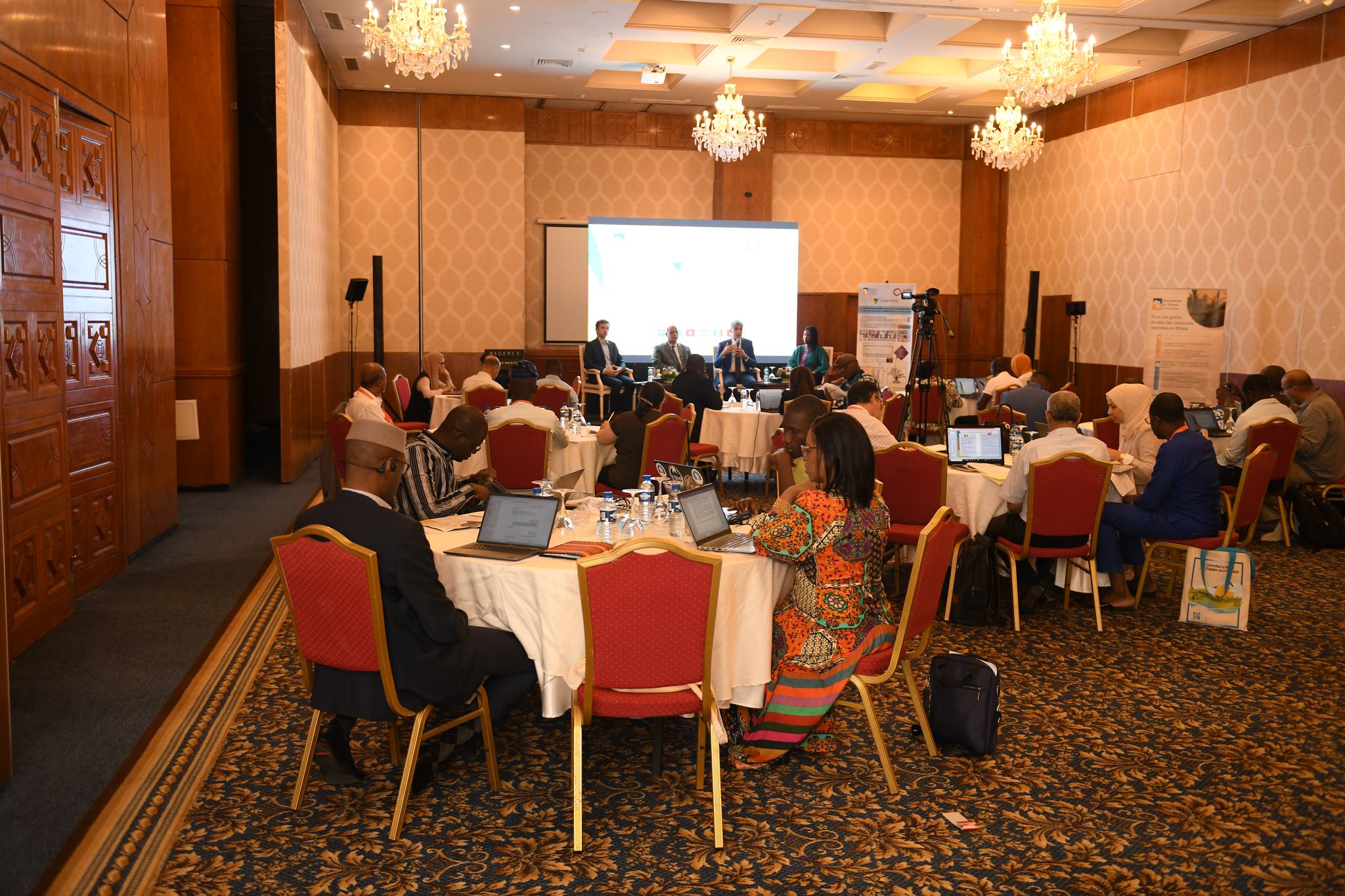
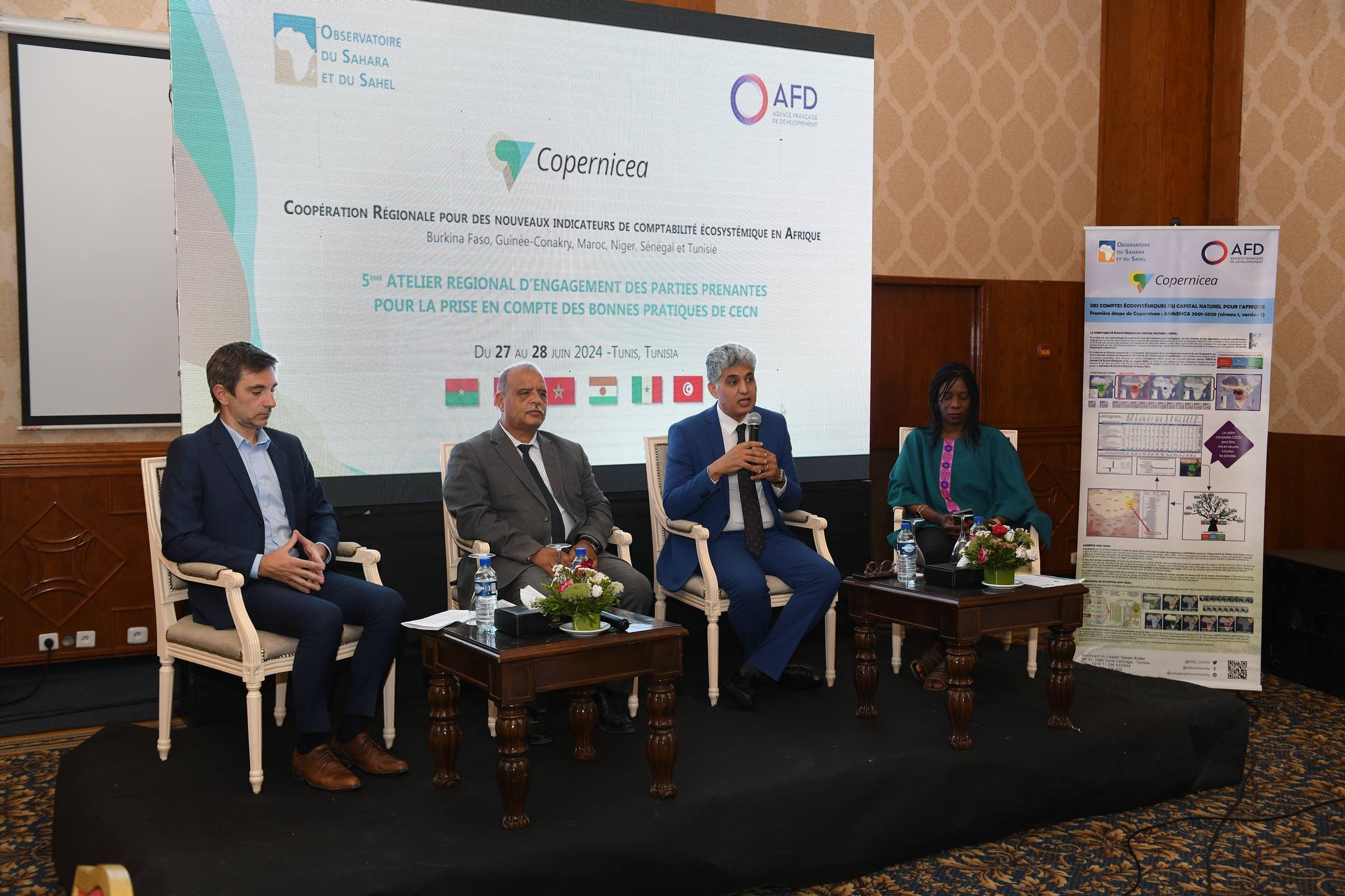
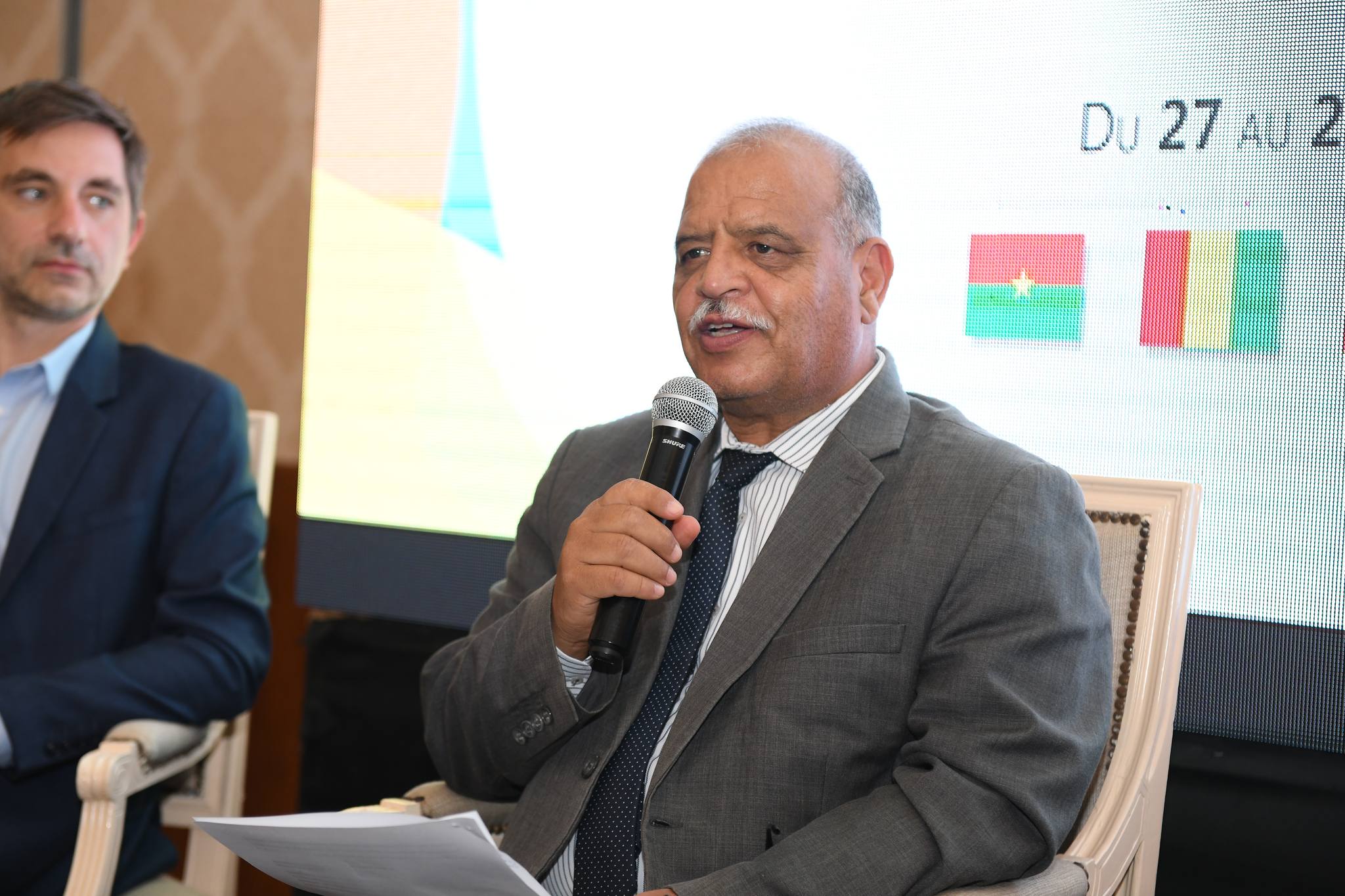
“Whatever the reason, the destruction of hundreds of trees does not limit to this loss, it also wipes out sources of income for local communities, modifies the natural habitats of many species and disrupts the services provided by ecosystems.” This was the opening speech of Mr. Hédi Chebili, Director General of Environment and Quality of Life in Tunisia, at the 5th Copernicea regional workshop, held in Tunis on June 27-28, 2024.
During this event, experts, representatives of governments and international organizations debated the interest of ecosystem natural capital accounting (ENCA) as a planning lever for the rational use of natural resources in Africa. Participants recalled the crucial role of natural capital in the socio-economic development of the continent and called for reasoned management to achieve a sustainable and inclusive growth.
Participants highlighted the efforts made by the six African countries of the Copernicea project (Burkina Faso, Guinea-Conakry, Morocco, Niger, Senegal and Tunisia) to mainstream environmental aspects in sustainable development programs. They called for ENCA promotion among institutions generating the data necessary for natural capital preservation, natural resources managers and political decision-makers and planners so that ecosystem accounts are integrated into national accounts. Adopting a standardized approach would help African countries produce accounts that allow them to monitor the state of their ecosystems and inform the Global Biodiversity Framework (GBF) of the United Nations Convention on Biological Diversity, they explained.
Speakers discussed the importance of data availability, collection and processing and pointed out that the AfrikENCA platform, developed under Copernicea and whose continental-scale accounts are already integrated into the UN Biodiversity Lab, could be reproduced on a national, local or even sectoral scale in African countries.
Discussions made it possible to highlight the role of scientific research in the development of ENCA applications and stress the relevance of stronger inter-university partnerships and the use of new technologies and artificial intelligence in order to improve data collection, processing and analysis methodologies for monitoring-evaluating ecosystems, but also the need to develop prospective models based on ecosystem accounts to identify rehabilitation opportunities. Mobilization of the scientific community in modeling and automation would help foster the ENCA tools ownership by the relevant stakeholders.
Special focus was put on financing the natural capital conservation and on the OSS role, as a regional technical and scientific center for biodiversity and an entity accredited by the Climate Funds, in negotiations with technical and financial partners for the benefit of its member countries.
Particular attention was paid to raising awareness among decision-makers and stakeholders working on the management of natural resources, and to communicating about ENCA, its challenges and impacts, for joint action by the six Copernicea beneficiary countries during international events and forums.
The workshop sessions provided food for thought on how the next phase of the Copernicea project would look like. One of the main recommendations was to strengthen the OSS role as a regional Hub as well as its support for African countries, according to their needs, in the ENCA use to serve their national strategies for sustainable development and environmental protection.